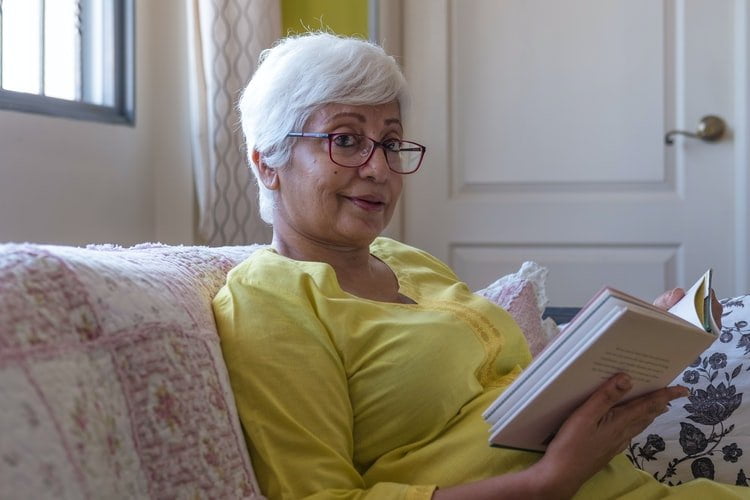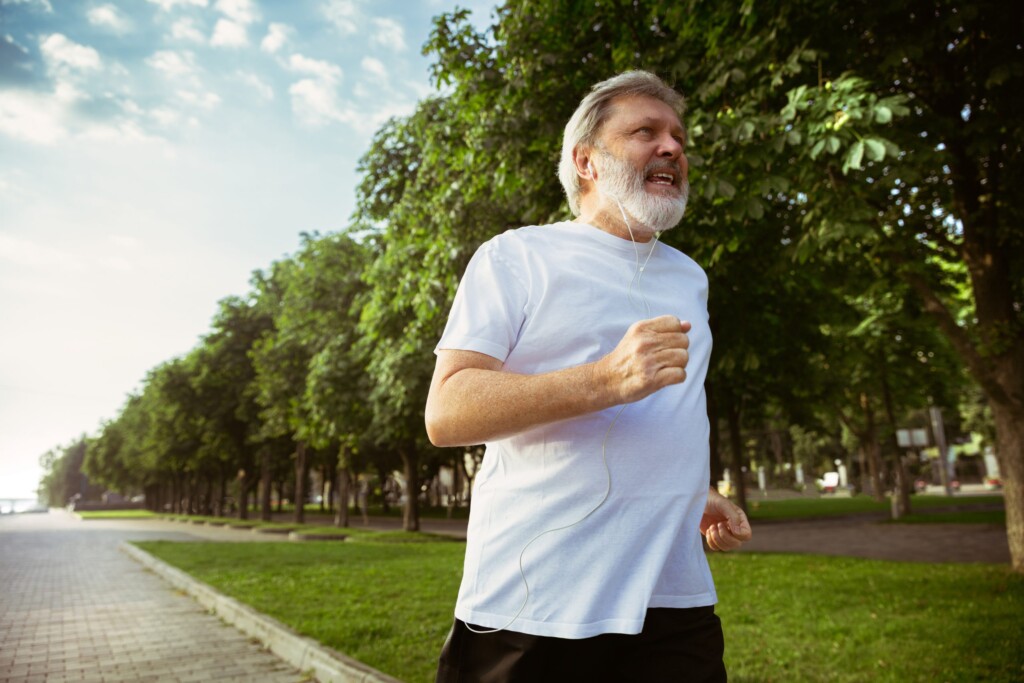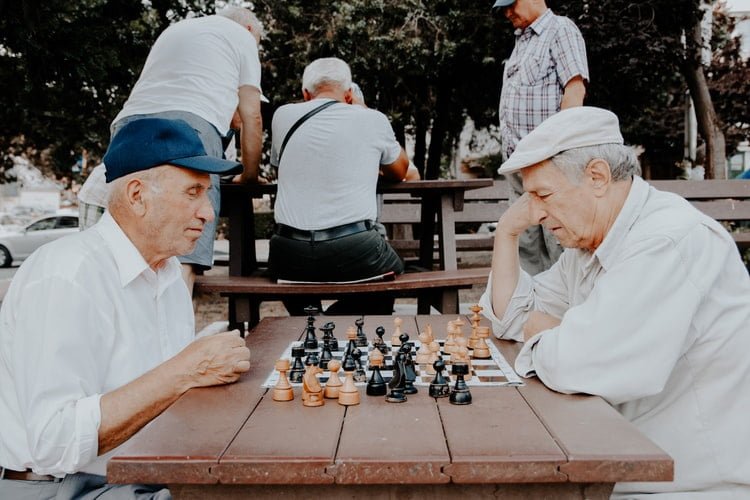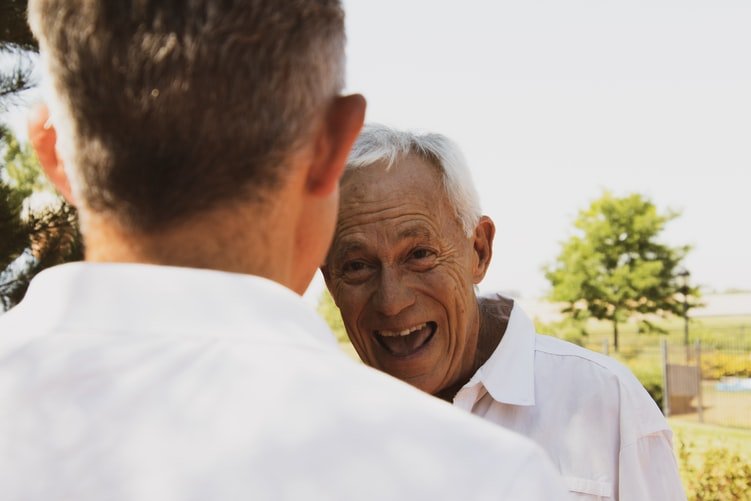Keep A Healthy Lifestyle As You Age
Exercise and diet are the keys to good health, as we all know. However, as we age and health issues arise, it can be all too easy to make excuses and slip into bad habits. We must educate ourselves about what old age really means and become familiar with some of the potential problems we may face later in life. That’s why the sooner we start making any necessary lifestyle changes, the better.
We’ll look at some ways to stay fit and healthy as you get older:
It’s yours or not.
Use it or lose it is never more true than in your golden years, and this applies to both your physical and mental health. Maintaining your previous standard of living will require some effort, but keep in mind that you are no longer a teenager and can not do everything you once could. Ask for help now, depending on your age and ability. There’s nothing wrong with looking into options for live-in care, especially if you want to maintain your independence and remain in your own home. A live-in caregiver will not take over your life; they are simply there to help you maintain the quality of life you desire.
You may be physically fit, but your memory may not be as sharp as it once was, causing you to forget to take medication or struggle with daily tasks. Or maybe you’re the smartest person you know, but your body is starting to let you down, making it difficult to get up and down the stairs or do household chores. It can help with all of these things and more, while also encouraging you to keep using your brain and body to maintain that level of independence we fear losing.
As we age, our pace of life naturally slows, which is fine, but there is a difference between slow and static. If we want to enjoy our lives, we must keep moving and take care of ourselves. After all, growing old doesn’t mean giving up. Staying fit and healthy in our senior years allows us to enjoy those years much more than if we were to just sit back and do nothing.

Keep Moving!
Exercise is essential for A Healthy Lifestyle. It improves flexibility, mobility, and balance, as well as our mental health. All are very important as we age.
If you’ve always exercised, maintaining this healthy habit may seem simple. But if you start to notice more aches and pains, it’s important to listen to your body and adjust your workout accordingly. Even going for a walk or doing some gardening counts as exercise, as long as you move regularly and without straining your body.
If you are new to exercise, age is not a barrier – you are never too old to begin! Personal trainers can create a fitness plan that is completely tailored to your abilities.
You may feel frail or old to exercise, but that is no excuse. Everyone can exercise. It’s just a matter of finding the right type and intensity for you. At least 2 of those activities should be yoga, Tai Chi, or Pilates to help with flexibility, balance, and strength. At least 15 minutes of moderate activity per week should include a gym workout or a brisk walk. You’ll feel stronger and be able to fight osteoporosis, which is a concern for women who have gone through menopause and are now in their senior years.

Healthy Minds
Aside from regular exercise, there are other things you can do to stay alert and cognitively sharp as you age. Dementia and Alzheimer’s are common diseases among the elderly, and while we can’t prevent them completely, we can delay them as long as possible. Our brains slow down as we age. If we don’t use them, they don’t work as hard and slowly deteriorate. We become more forgetful and our ability to learn decreases as a result.
These include crosswords and Sudoku, puzzles and reading, chess, and other board games. The brain regions involved in problem solving, memory, concentration, and attention are stimulated. According to a study published in the International Journal of Geriatric Psychiatry, it can result in brain function 10 times younger than your actual age.
These activities are easy to find, cheap, and simple to fit into your day. But what if your eyesight is failing? This is where live-in care can be extremely helpful, as they can assist you by reading clues, etc., or challenge you in ways you might not challenge yourself. The brain works best when it is challenged to try new things, so while puzzles and word games are great for memory improvement, it is also important to learn new things in your senior years.
For example,
- A new language
- Get computer skills.
- Family tree
- Follow a recipe to make a new meal or cake.
Anything that mentally challenges you is beneficial to your brain health and can help you develop a sense of purpose and self-worth.

Take Care of Your Body
As we age, our eating habits change. As we age, our metabolism slows and we move less. Eating well not only benefits our physical health, but also our mental health, energy levels, and resistance to illness, all of which are crucial in old age. The key is to eat nutritionally balanced foods that support the body while still allowing us to enjoy and enjoy what we eat.
Foods high in omega 3 fatty acids, such as olive oil, oily fish, nuts, and seeds, help to improve cognitive function and keep joints flexible. To reduce the risk of osteoporosis, eat a lot of calcium-rich foods. Good choices include canned fish with bones, green leafy vegetables, milk, cheese, and yogurt.
Cooking for one person can be difficult if you live alone. With batch cooking, you can create your own nutritious ready-to-eat meals and always have something on hand. It is easy to add extra vegetables to spaghetti bolognese, stews, chili, and soups. You can then serve them with grated cheese or a salad. This will also save you money at the supermarket because you can buy larger packs of items that won’t spoil before you eat them.
If you are no longer able to cook for yourself, live-in care can help, and you can retain some independence by telling them what foods to buy and the types of meals you prefer. There may come a time when moving into a care home is the best option for you, but there are other options that allow you to remain in your own home.

Socialize
Being lonely as we age can have a negative impact on our health. Over 2 million people over the age of 75 live alone in the UK, and over a million only speak to close friends, family, or neighbors once a month. Humans thrive on social interaction, and without it, our health can rapidly deteriorate.
If you can still get out and about on your own, it’s up to you to look for new ways to meet people. Join a group and make friends with people who share your interests. Consider volunteering, a great way to meet new people and give back to the community. This will also restore your sense of purpose from your youth.
If you aren’t physically able to get around, a live-in carer could help you get around, either at home or out and about. Plus, they provide that human connection by visiting you when needed.

Every day we age, it is unavoidable. Our bodies and minds are equipped to deal with the issues that arise during our senior years, which we can control. Exercise, A Healthy Lifestyle, social interaction, and mental stimulation are four simple ways to stay fit and healthy. What’s more, help is available if you’re willing to accept it.

